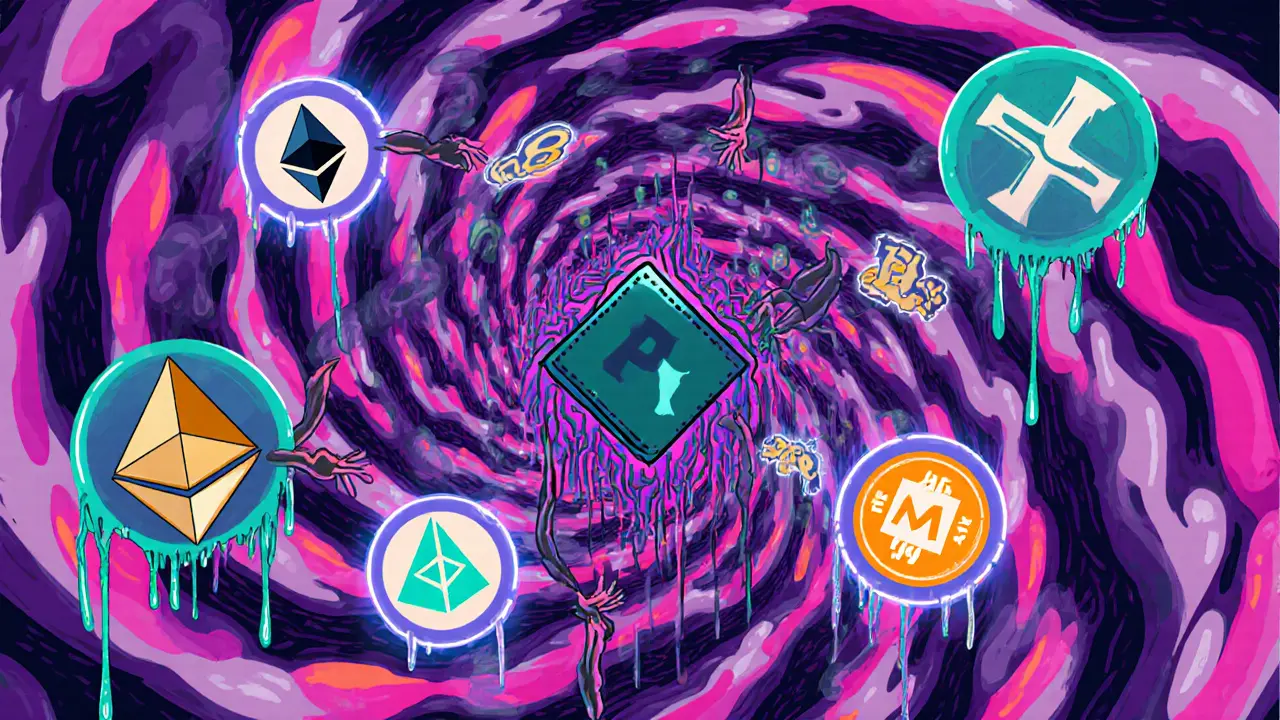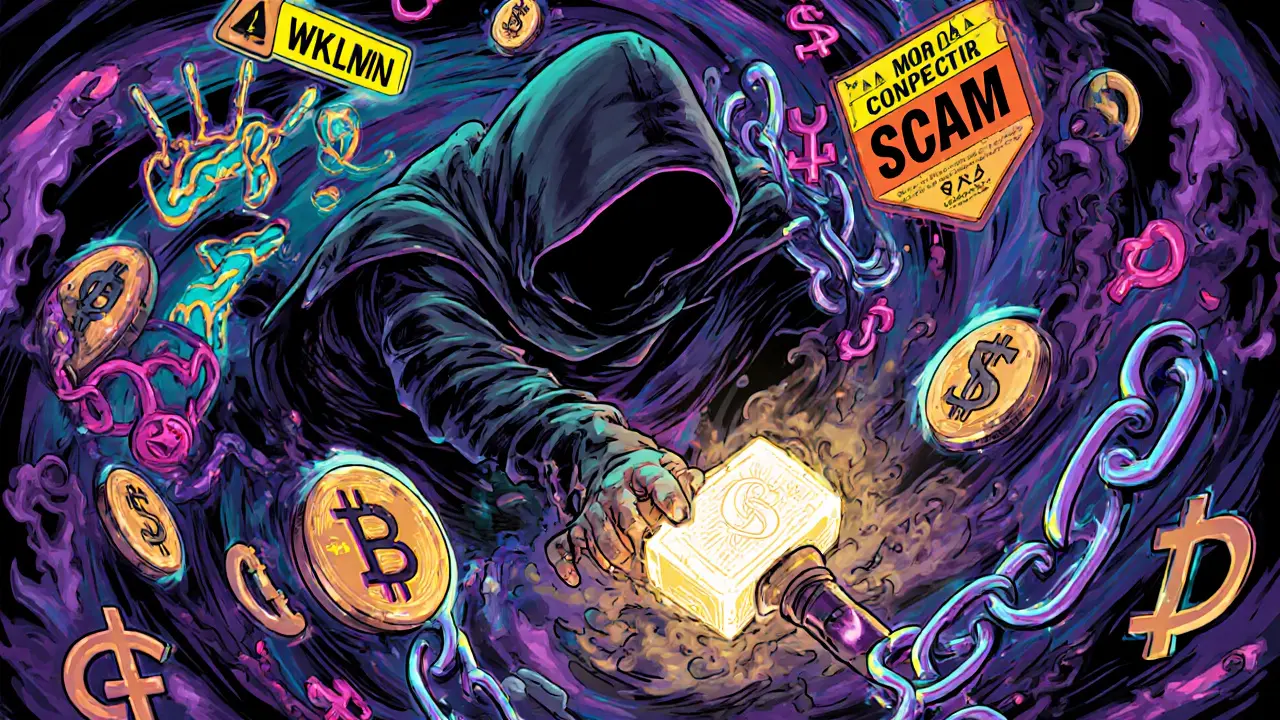Blockchain Airdrop: How to Find Legit Drops and Avoid Scams
When you hear blockchain airdrop, a free distribution of cryptocurrency tokens to wallet holders, often to bootstrap adoption or reward early users. Also known as crypto airdrop, it’s one of the most common ways new projects get attention. But here’s the truth: 9 out of 10 airdrops you see are either worthless, expired, or outright scams. The ones that actually matter? They don’t shout. They don’t promise 100x returns. They’re tied to real projects with working tech, active teams, and clear tokenomics.
Real token distribution, the process of handing out crypto tokens to users according to set rules, often via smart contracts isn’t random. It usually requires you to do something—like hold a specific token, interact with a dApp, or join a community. Look at the MetaSoccer NFT airdrop, a legitimate drop tied to gameplay and ownership of a verified NFT pass. You didn’t just sign up—you had to own a MetaSoccer Pass and play. Compare that to the FOTA CoinMarketCap airdrop, a hype-driven fake where the token trades at $0 and no official rules exist. One rewards participation. The other just steals your email and wallet address.
Most people lose money chasing airdrops because they don’t check the basics. Who’s behind it? Is there a whitepaper? Is the team doxxed? Are they on major platforms like CoinMarketCap or CoinGecko? If the project’s website looks like a 2017 WordPress template and the Twitter account has 500 followers with 400 bot replies, walk away. Legit airdrops don’t need to promise riches. They just need to give you something useful—a governance token, a staking reward, or access to a live product. The HashLand Coin airdrop, which gave away NFTs tied to synthetic hash rate assets, not tokens, was weird but real. It had clear rules, verifiable claims, and no hype. That’s the difference.
You’ll find plenty of airdrops in the posts below—some active, some dead, some dangerous. Some are tied to gaming, others to DeFi, exchanges, or even metaverse ads. Some are worth your time. Most aren’t. What you won’t find here are fake promises or vague "join now" links. Just facts: who gave what, when it happened, and whether it was worth the effort. If you’re looking to earn free crypto without getting scammed, this is where you start.
SWAPP Airdrop by SWAPP Protocol: What You Need to Know in 2025
SWAPP Protocol may launch an airdrop in early 2026 for early users and liquidity providers. Learn how to prepare, avoid scams, and what to expect if tokens are distributed. No official details yet.
KIM (KingMoney) WKIM Mjolnir Airdrop: What’s Real and What’s Not
There is no WKIM Mjolnir airdrop from KingMoney - it's a scam. Learn the truth about KIM crypto, why fake airdrops exist, and how to avoid losing your crypto to fraud.

